‘Cloud Nine’: The Story Behind The Temptations’ High-Flying Hit
The Grammy-winning song is a revered example of the group’s fruitful relationship with producer Norman Whitfield and his co-writer Barrett Strong
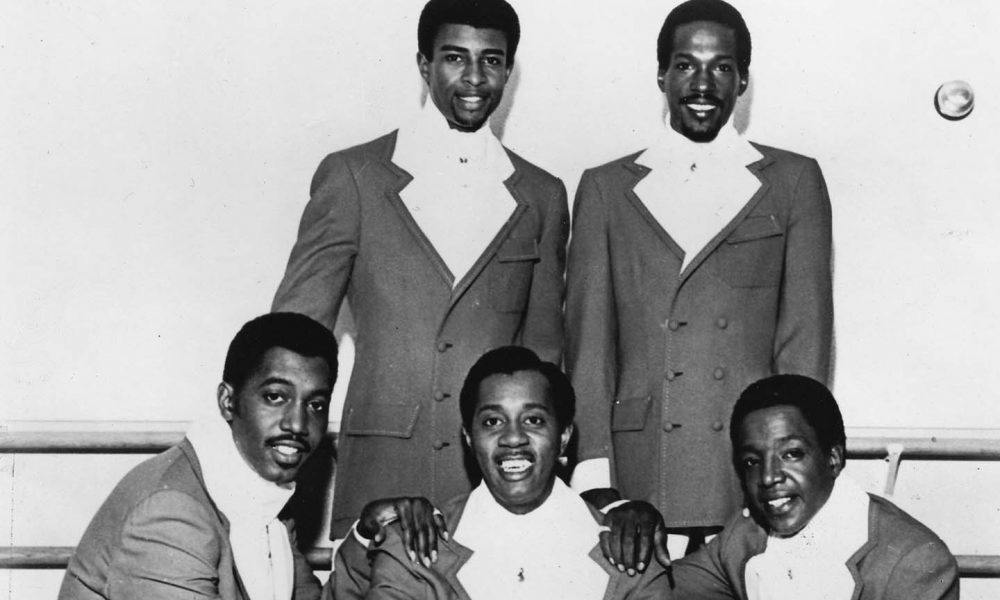
The Temptations’ soulful staple, “Cloud Nine,” released on October 25, 1968, is much celebrated as the first Motown song to win a Grammy. It’s also a revered exemplar of the group’s fruitful relationship with producer Norman Whitfield and his co-writer Barrett Strong.
Recorded with a new-look Funk Brothers band featuring the wah-wah guitar of Dennis Coffey, it was also the marker of the taut, tense new sound the combined talents would create together from that point on.
But as a psychedelic production released in the experimental climate of the day, sonically influenced by Sly And The Family Stone’s “Dance To The Music” – which rode the US pop and soul Top 10s earlier that year – it’s also a drug song, isn’t it? Negative, according to Tempts co-founder and surviving original Otis Williams. “I know there weren’t drug references because Norman and Barrett didn’t do drugs,” he says. “Berry [Gordy] thought that we were singing about getting high.”
The dramatic change in the Temptations’ sound brought about by the single is right there in the grooves of their 1968 release schedule. They began the year with the superior, polished soul of Whitfield, Strong, and Rodger Penzabene’s “I Wish It Would Rain,” which became their seventh R&B No.1, in February. It was followed by the eighth, the same team’s “I Could Never Love Another (After Loving You),” which hit the top spot in July.
The group’s third single of 1968, “Please Return Your Love To Me,” was their last with David Ruffin in the line-up, but he took a back seat this time to Eddie Kendricks’ lead vocals. Penzabene’s role as Whitfield and Strong’s collaborator was taken by Barbara Neely, and a No.4 R&B hit was the result.
‘Let’s go in and make this here hit’
By now, Williams was more than aware of Sly And The Family Stone’s urgent, fresh, and hedonistic interpretation of the language of soul. Though Whitfield was, at first, stubbornly resistant to any relevance their sound could have to the Tempts, he would soon change his tune.
“The Tempts were in New York City,” Otis remembered, “and my good friend Kenny Gamble, of Gamble and Huff, and I were talking. We heard this young group come on the radio and it cut into our conversation. And I said, ‘Who the hell is that? I ain’t never heard nothing like that.’ It was ‘Dance To The Music.’
“So impressed was I that I went back to Detroit and I told Norman. At this time, exit David Ruffin, enter Dennis Edwards. And I said, ‘Norman, have you heard of this group called Sly And The Family Stone?’ He said, ‘Nah man, I haven’t heard of no damn group called Sly And The Family Stone.’
“I said, ‘Well, they’re doing something that we should try and check out.’ Me and the Tempts went out of town, came back, and he’d recorded the track to ‘Cloud Nine.’ And I had to tease him. I said, ‘Oh you weren’t gonna…’ And he said, ‘Oh shut up, man, let’s go in and make this here hit.’”
‘I know there weren’t drug references’
With Edwards newly installed in the vocal lead, make it they did – to the widespread assumption that a song including lyrics such as “Needed something to ease my troubled mind” and “On cloud nine, you’re as free as a bird in flight/There’s no diff’rence between day and night” could only be narcotically inspired. Williams didn’t think so, and the phrase certainly existed long before the counterculture rented it out.
Indeed, improbable as it sounds, as far back as 1896, the first edition of the International Cloud Atlas defined ten types of cloud, of which the cumulonimbus, rising to 6.2 miles, was declared the highest that a cloud could be. In 1960, the Dictionary Of American Slang defined “cloud seven” – not nine – as meaning “in a euphoric state.”
Whitfield and Strong may have gone higher still, but Williams never doubted their meaning. “Norman said, ‘Man, the saying ‘Cloud Nine’ has been around for aeons,’” he recalls. “I said, ‘Yeah, you’re right there,’ because I remember, growing up, I would a hear a guy being so knocked out by the woman that he would tell me, ‘Man, the way she made love to me,’ or, ‘The way she kissed me, I was on cloud nine.’ So the expression had been around for a long time but Norman and Barrett just took it in various ways.”
Whatever the meaning, that euphoric state was heightened when “Cloud Nine” went to No.2 R&B, No.6 pop and, at the 11th Annual Grammy Awards, in March 1969, made Motown history by winning Best Rhythm & Blues Performance.
Listen to the Motown Classics playlist for more essential Motown hits.


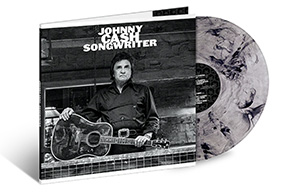
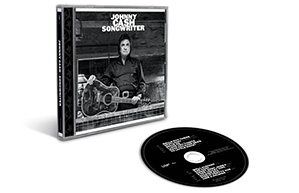




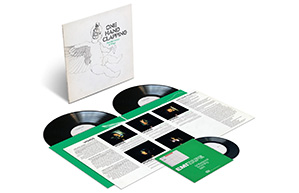
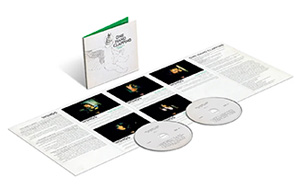
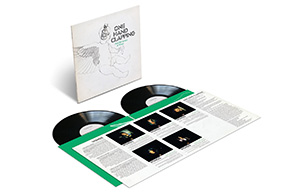
Leroy Atkinson
October 31, 2021 at 6:02 pm
Thanks for sharing.
Happy Bornday my Brother God Bless